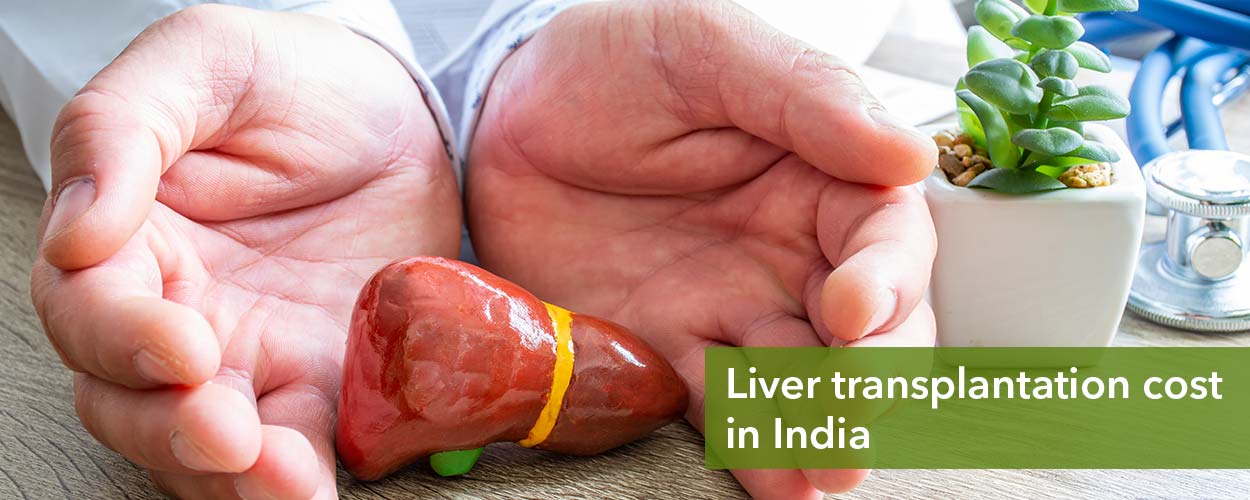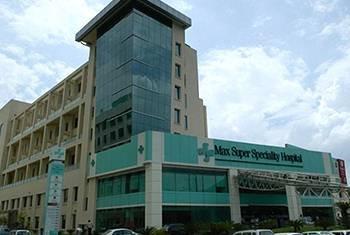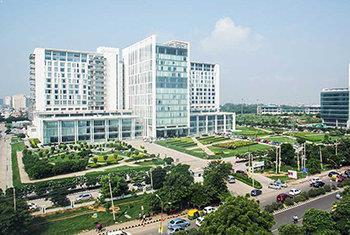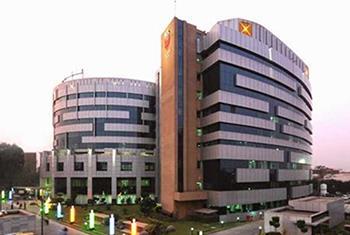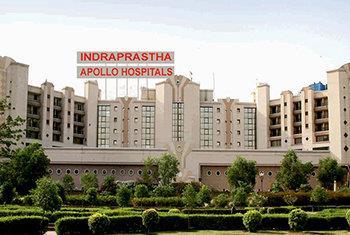Types of liver transplant
Based on where the donor’s liver is obtained, liver transplantation can be:
Living donor liver transplant:
A portion of a liver from a healthy living donor is surgically taken and transplanted into the recipient. This is possible due to the unique ability of liver tissues to regenerate and grow a full-sized organ. Therefore, the donor as well as recipient liver parts grow to normal size within a few weeks.
Who can be a donor for a liver transplant?
The donor can be a blood relative, spouse, friend, or an unrelated individual who matches the criteria for donation. The candidates have to undergo an extensive medical and psychological evaluation to determine their suitability for donation.
Criteria for donation for a liver transplant
Compatible blood type and body size of the donor and recipient are the two critical factors for donating liver to the patient. There is no need for other matching tests.
The donated liver will be tested before transplantation surgery to ensure it is healthy, matches the blood type, and is of the right size. This is important to avoid post-surgery complications and increases the chances of the donated liver working in the patient.
Procedure for liver donation
Liver donation is a safe procedure. Almost 70% of a person’s liver can be safely removed, although much less is required for transplantation. The liver regenerates on its own and gains its original size usually within 2-3 weeks. There are no long-term side effects of donation. After the surgery, the donor will have to take medication for a few weeks, and then they can resume their normal life in 4-6 weeks.
During the surgery, surgeons will remove a segment of the liver from the donor by making an incision in the abdomen. The specific portion of the liver that will be donated depends on the donor liver’s size and the recipient’s needs.
Deceased donor liver transplant:
The donor is a brain-dead (or cardiac death) who has viable organs for a donation of organs. When a person’s brain has stopped functioning, but the heart is still beating, then he/she is considered legally dead. The individual or next of kin must give consent for donation beforehand. Whole livers come from a deceased donor (also known as the cadaveric donor) are extracted and preserved for transplantation. Generally, the identity of such a donor is kept confidential. The patient has to be on a waiting list to receive an organ from a deceased donor.
The liver transplantation surgery procedures can be of three types – Orthotopic transplantation (patient’s damaged liver is replaced with donor’s liver), Heterotopic transplantation surgery (donor’s liver is added without removing recipient’s liver), and Reduced-size liver transplantation (some part of patient’s liver is intact and donor liver part is added).
